Returnable Glass Bottle Campaign
- Home
- RGB Campaign
Leaving Sustainable Footprints for Future Generations.
In line with the global goals set by the UN for the Sustainable Development Goals (SDG), Phoenix Beverages Group is innovating its existing consignment policies to facilitate the collection and recycling of Returnable Glass Bottles (RGB) through the PhoenixEarth Initiative.
The aim of this campaign is to raise awareness for the Mauritian population to return all their RGB bottles of Phoenix Beverages Group (PBG) products as listed hereunder to create a RGB eco-system for a circular economy.
Interchanging Beverages
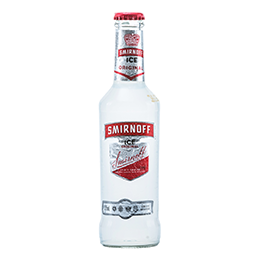
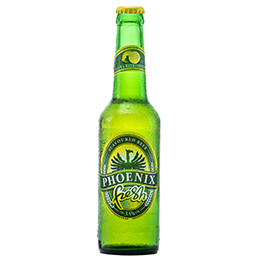
Waste Produced
1
tonnes (Waste)
Phoenix Beverages Group has an ongoing focus on minimising waste to landfill through our policy of “Reduce, Reuse & Recycle”, which aligns with SDG 12 (Responsible Consumption and Production), 13 (Climate Action) & 17 (Partnerships for the Goals).
We have investigated innovative ways to reach our goal and come up with implementations as of 15th October 2022.
- Glass bottles are interchangeable only if they are of the same quantity
- Only Phoenix Beverages Group’s products can be changed for another product from the Group
- Phoenix Beverages Group collects glass bottles from shopkeepers, supermarkets and other distributors in racks
- The bottles/bottle cases are then unloaded in our respective factories, either at the Brewery (known as - lisine la biere) or at the Carbonated Soft Drinks (CSD) factories (known as lisine Coca)
- The bottles are then sorted according to their size and put in line into the washing machine
- Once the washing is completed, the bottles leave for sterilisation and quality control
- The good ones are retained on the line for filling, capping, labeling and end up in the racks again for distribution
Returnable and Interchangeable Glass Bottles:
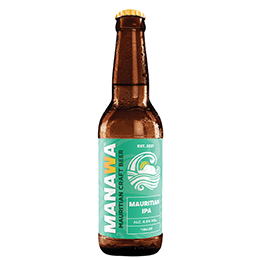
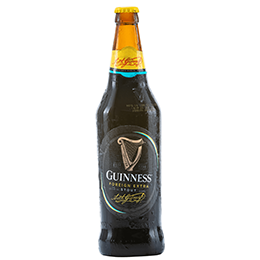
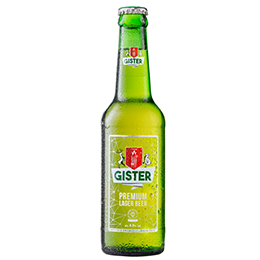
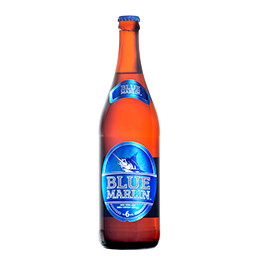
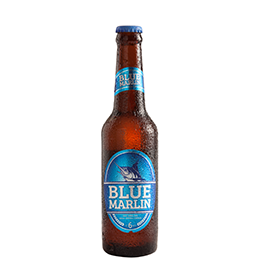
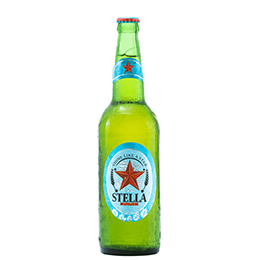
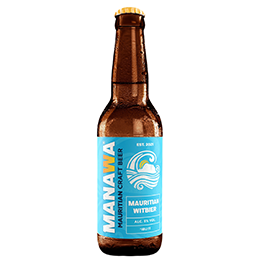
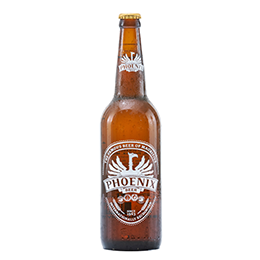
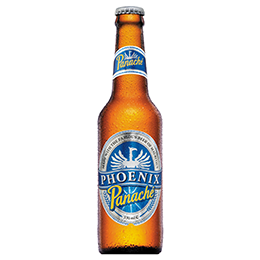
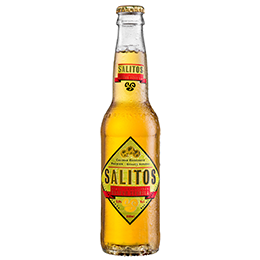
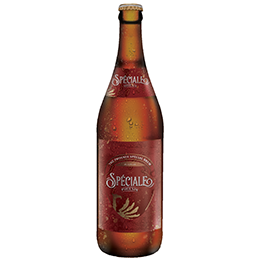
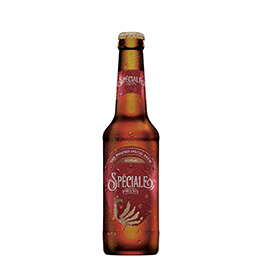
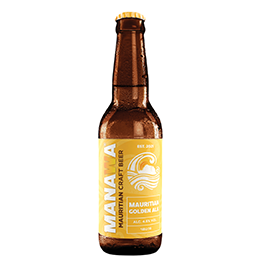
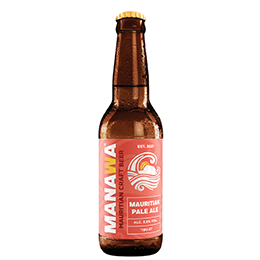


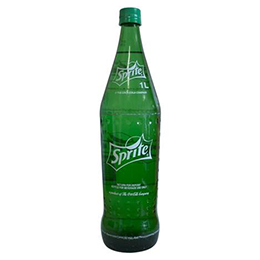
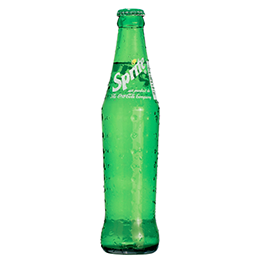
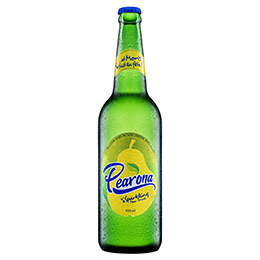
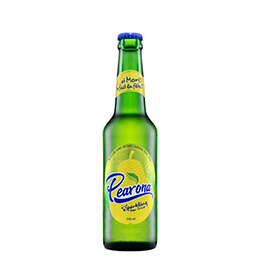
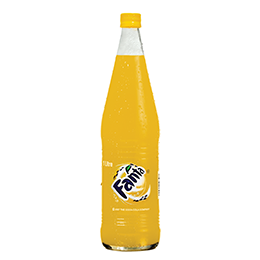
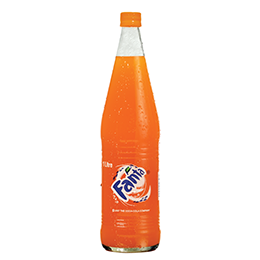
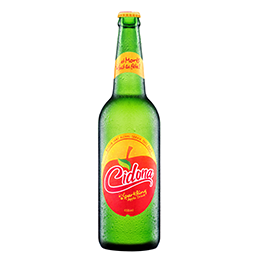
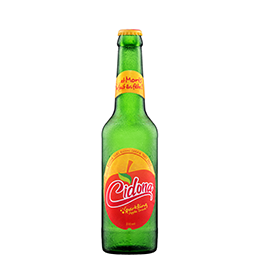
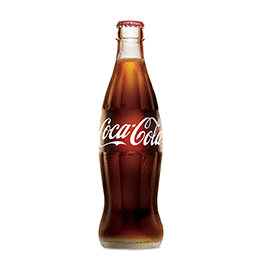
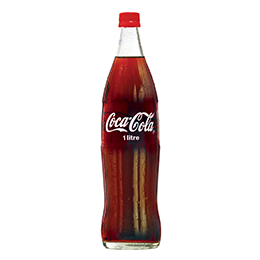
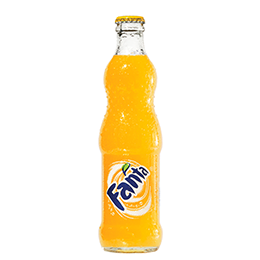
Our Commitment to SDGs

This initiative reiterates our commitment to the environment as it significantly decreases the amount of glass waste going into landfills. By recycling, upcycling and recirculating glass back into our factories, a positive impact is made on the environment.
Recycled glass is always part of the recipe for glass, and the more that is used, the greater the decrease in energy used in the furnace. This makes using recycled glass profitable in the long run, lowering costs for glass container manufacturers—and benefiting the environment.
Long-term advantages of our state-of-the-art production line include increased efficiencies that are already saving time, energy and water, strengthening our ability to deliver more products more sustainably while reducing our environmental impact.

Phoenix Beverages Group is committed to playing a leading role in finding solutions to glass bottle pollution. Glass is infinitely recyclable, meaning that it can be highly sustainable when included in a circular economy.
This campaign implies less consumption of natural resources, less waste and less use of energy. Thus, it is directly in line with SDG 12. It benefits manufacturers, consumers and the environment.

Partnership for Goals is required for our projects to see the light and for their fruitful success. PhoenixEarth Initiative collaborated internally, externally with stakeholders and with consumers at large to pursue our SDG journey.
Partnerships for the Goals

In October 2020, we signed a partnership agreement with Beemanique Stone Crusher Limited that creates an ingenious and environmentally friendly solution by including crushed waste glass in high volume materials. Including glass in the local products produced by Beemanique reduces reliance on basalt stones, which are currently the only raw material for aggregates, and improves the products both visually and structurally. Products include “glassphalt”, a combination of crushed glass and conventional asphalt, which is used to make roads in many countries. The partnership will divert a minimum of 1 000 tonnes of glass a year, creating an efficient and sustainable solution to glass recycling.

Through the World Without Waste campaign by Coca-Cola, PhoenixEarth Initiative along with local NGOs, have been facilitating and strengthening the collection of glass waste across the island. The NGOs are namely: We-Recycle Mauritius, Mission Verte, Precious Plastic & New Invaders Club.
As part of the project, sorting bins have been placed across Mauritius to facilitate the disposal and collect of glass bottles, PET plastic bottles and cans.

Creative Solution
One of the goals set by the UN is to substantially reduce waste generation through prevention, reduction, recycling and reuse by 2030. Phoenix Beverages Group has been encouraging creative recycling of glass waste since 1991 through the Mauritius Glass Gallery.
Phoenix Beverages Group established the Mauritius Glass Gallery in 1991 to upcycle waste glass into unique objects with a contemporary design for both ornamental and practical use.
The foundry can process around six tonnes of waste glass a month, mainly from bottles rejected from the production line and the furnace is fuelled by 100% used vegetable oil when in operation.
The Gallery promotes glassblowing skills, hand moulding and casting, and the glass blowers use around a thousand units of old newspapers a month for shaping the glass during the blowing process. The furnace was turned off and the main glassblowing activities stopped at the start of the first lockdown, with the artists focusing on transforming glass bottles through upcycling and design into jewellery, decorations and practical items such as beer and wine glasses. Today, we are back on track !!
The producers and importers of glass bottles are working towards a mutualisation of glass capture to foster an increase recycling capacity and establish a secure local circularity on this material to reuse and recycle.

Yes No solution
Yes No Solutions is a non-profit online platform that connects Mauritius’ various stakeholders to initiate and engage the population towards a clean environment lifestyle.
An online “Track Your Recyclables“ system has been implemented, which allows users to locate collecting bin locations in Mauritius. Those bins collect PET bottles, cans, glass bottles and paper.
Yes No Solutions is also a voice for people and businesses to learn about environmental protection by upcycling, personal involvement – Do It Yourself (DIY), voluntary or obligatory Extended Producer Responsibility (EPR), and industrial practices.
This platform was initiated by bringing together a number of NGOs and corporations in Mauritius and Africa who shared a common goal and experienced a similar culture.


